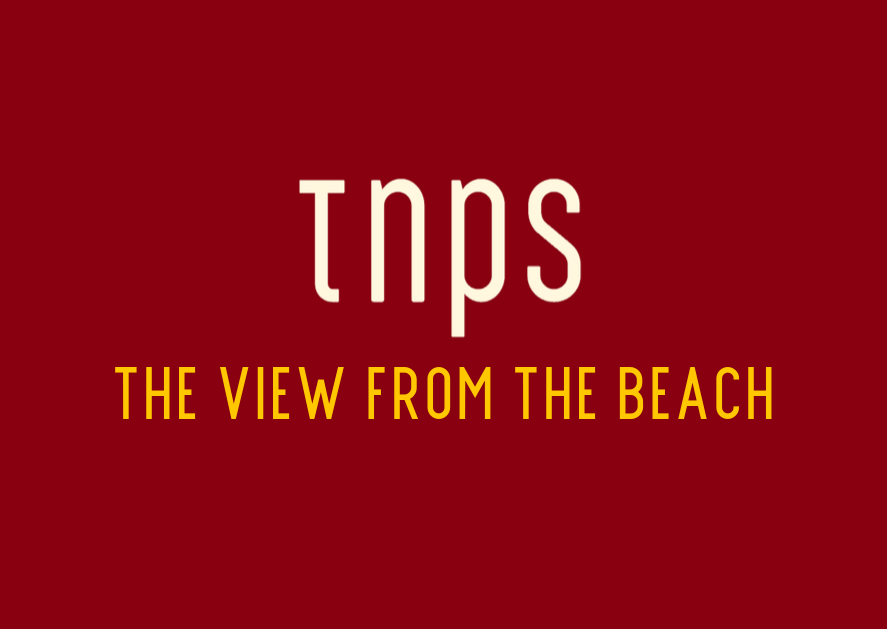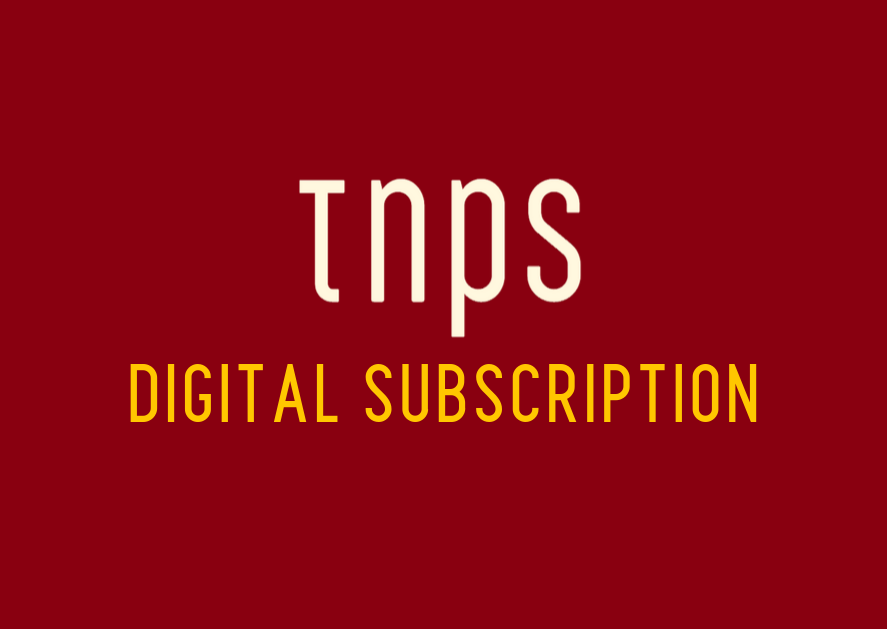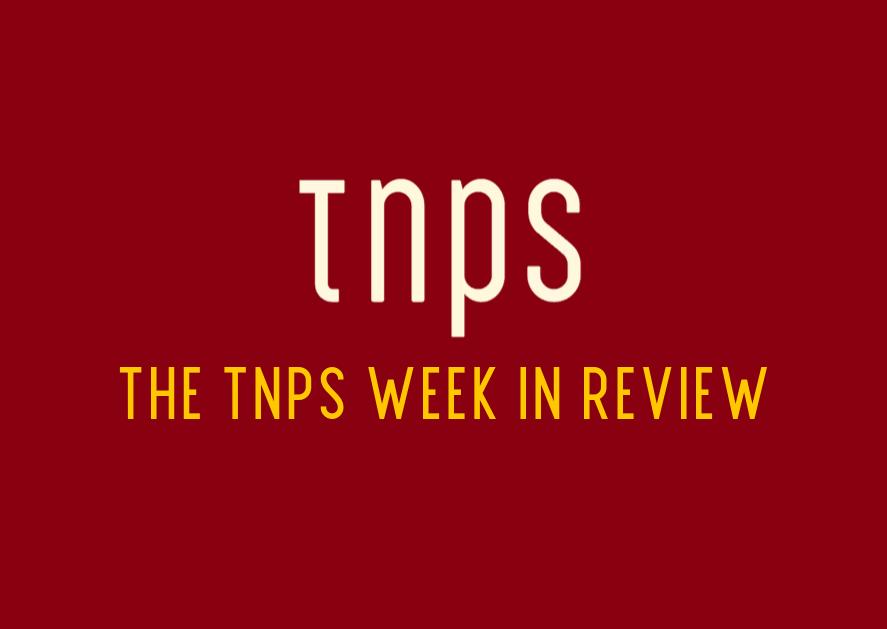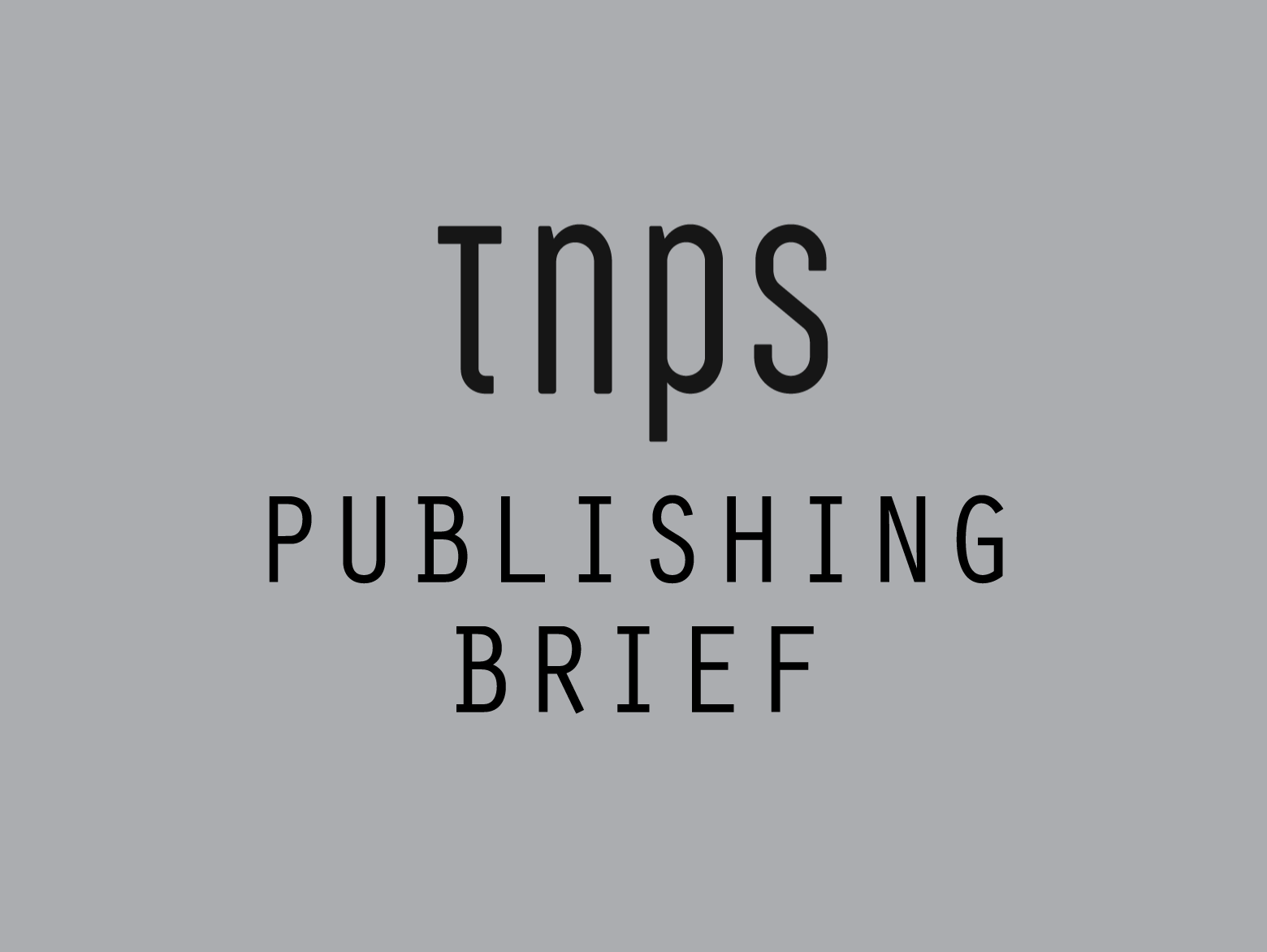As and when Amazon decides that Audible shall become an unlimited audiobook subscription service in the US, UK, Canada and Australia, what exactly are publishers going to do about it other than squeal loudly?
It was only a week ago that the unlimited subscription protesters were rejoicing as Amazon’s Audible announced its Audible Escape unlimited subscription service for US listeners was being wound up, three years after launch.
Coming hard on the heels of the decision by Penguin Random House to pull all its titles from unlimited subscription services worldwide –
the Audible decision fuelled the faux narrative that the unlimited subscription model had had its day.
Now comes news that Audible has finally launched in Spain. No surprise there. We’ve known for a year or more that it was coming –
– but those not privy to the confidential behind the scenes dealing that got us this far will be surprised to learn Audible has, as TNPS has argued on many occasions it must, conceded the Storytel model is the future and has offered Spain’s consumers the unlimited consumption model.
Why the opposing strategies in the US and Spain?
Since November 2017, Audible Romance, which later became known as Audible Escape, had been upsetting self-published audiobook authors with low payouts for authors and narrators and the cannibalisation of retail sales as listeners unsurprisingly opted for the monthly fee unlimited consumption model on offer.
Just as with its sister ebook subscription service Kindle Unlimited, Audible Escape has for many come to epitomise the downsides of unlimited subscription with its low payout per minutes listened (pages read for ebooks) leaving many authors feeling they were earning less than before.
In the case of Audible Escape that was very much the case. Romance authors saw regular sales evaporate as readers realised they could get the exact same material for a one-off monthly fee, and Audible’s payout to authors often came nowhere near making up the difference.
The negativity about Kindle Unlimited and Audible Escape has caused deep divisions within the self-publishing movement and the arguments have been latched onto by opponents of subscription at a wider level, so it’s worth taking the opportunity to look at the bigger picture here.
Kindle Unlimited requires self-publishers to upload their ebooks exclusively to Amazon. Audible’s ACX has a slight variant on exclusivity in that titles exclusive to ACX also get distributed to Apple.
But the bottom line is indies going into any Amazon-owned subscription service can only earn from the outlets Amazon permits. There is no other revenue option for these digital titles anywhere, not just in the countries the subscription service is available in.
It’s a digital lockdown that naturally suits Amazon, harms the opposition, and leaves many indies feeling short-changed despite the fact that they, generally, voluntarily entered into the subscription service agreement (that wasn’t always the case with Amazon Escape).
The problem for publishing is the warped perceptions that consequently arise. There are always winners and losers, of course, but the narrative prevails that many authors – and by extension publishers generally – cannot make a meaningful income from subscription.
But as we see in the Nordics and elsewhere, publishers are making money from subscription, and there are several factors at play that make subscription viable for publishers.
First and foremost, there are no exclusivity requirements. When a publisher puts titles into Storytel it also does so in Nextory and BookBeat, Scribd, 24Symbols, Skoobe, Bookmate, Audioteka, Kobo Plus, Ubook and any number of other subscription services around the globe that are also earning for the publisher.
Second, contrary to popular opinion subscription often is not cannibalising print and à la carte ebook sales, and may in fact be boosting them.
And by removing price friction at the point of consumption, subscription, like digital libraries, means consumers are more willing to experiment, try new authors and new genres, while also devouring backlist.
The problem for subscription in the mature English-language markets is that publishers have so much cash, cultural and psychological attachment, and perceived status invested in traditional print sales infrastructure, and have allowed Amazon to gain so much control over the online print and ebook retail sector, that they are understandably wary of ceding more control.
Yet ironically and counter-intuitively they do just that with their dependence on Audible’s existing model to fuel their audiobook hopes, eschewing alternatives that could dilute Amazon’s stranglehold.
Indie authors learned the hard way, way back, that Amazon can and will change the ground-rules whenever it suits.
Take March 2014 when indie authors were enjoying an ACX “escalating” royalty rate of between 50%-90% for going exclusive with Amazon, and 25%-70% if non-exclusive, and that suddenly became 40% and 25%, period.
Indie authors back then had little choice but to make a lot of noise and carry on using ACX.
All of which begs the question at what stage mainstream publishing might kick back against Audible’s handed-on-a-plate dominance of the English-language audiobook market, even at the expense of depressing audiobook sales, as it chose to do with ebooks.
Now publishers have something else to be fretting over, as Audible takes the unlimited subscription model mainstream, having previous trialled the model in Italy..
Today it’s Spain – and we should be very clear why: Storytel has been in Spain since 2017 and consumers there have come to expect their listening via the unlimited subscription model. With a three year head-start Audible had little chance of making a significant impact with its one-title per month subscription plan that prevails elsewhere in the Audible universe.
The expectation now is that Audible India will soon follow suit, with a retro adjust to the unlimited model to give it traction against Storytel India, which launched on the subcontinent a full year before Audible.
And after that? Well, Audible is only in ten other markets – USA, UK, France, Germany, Japan, Australia, Canada and Italy – compared to 20 for Storytel (expected to be 40 by 2023). With Italy already using the model, Japan and Germany seem the most likely Audible countries to next go down the unlimited route, with the English-language markets holding out.
And here the question now has to be: for how long?
Because at the end of the day consumers want unlimited subscription, Amazon is famous for giving consumers what they want, and publishers have, just as they did with ebooks, blindly handed Amazon the English-language audiobook markets on a plate.
As and when Amazon decides that Audible shall become an unlimited audiobook subscription service in the US, UK, Canada and Australia, what exactly are publishers going to do about it other than squeal loudly?






Hi – thanks for a great article. Just a little correction: Audible Italy is already flatrate and it has been for a few years. That was their first testmarket.
That’s embarrassing! The perils of writing a post last thing at night and not double-checking. 🙂 Post updated. Thanks!
No, Japan was first.
https://the-digital-reader.com/2015/07/26/amazon-launches-an-audible-unlimited-service-in-japan/
The Audible japan website states cleary:
“Enjoy Audible with a monthly membership
✓ One book you like is yours every month ✓ You
can return or exchange the purchased book *
✓ There is content for members at no additional charge
✓ 30% OFF for single item purchase
✓ Purchased book is yours even after withdrawal